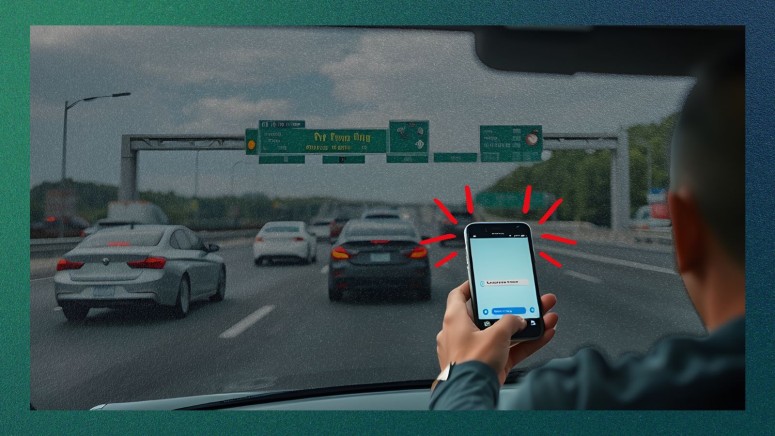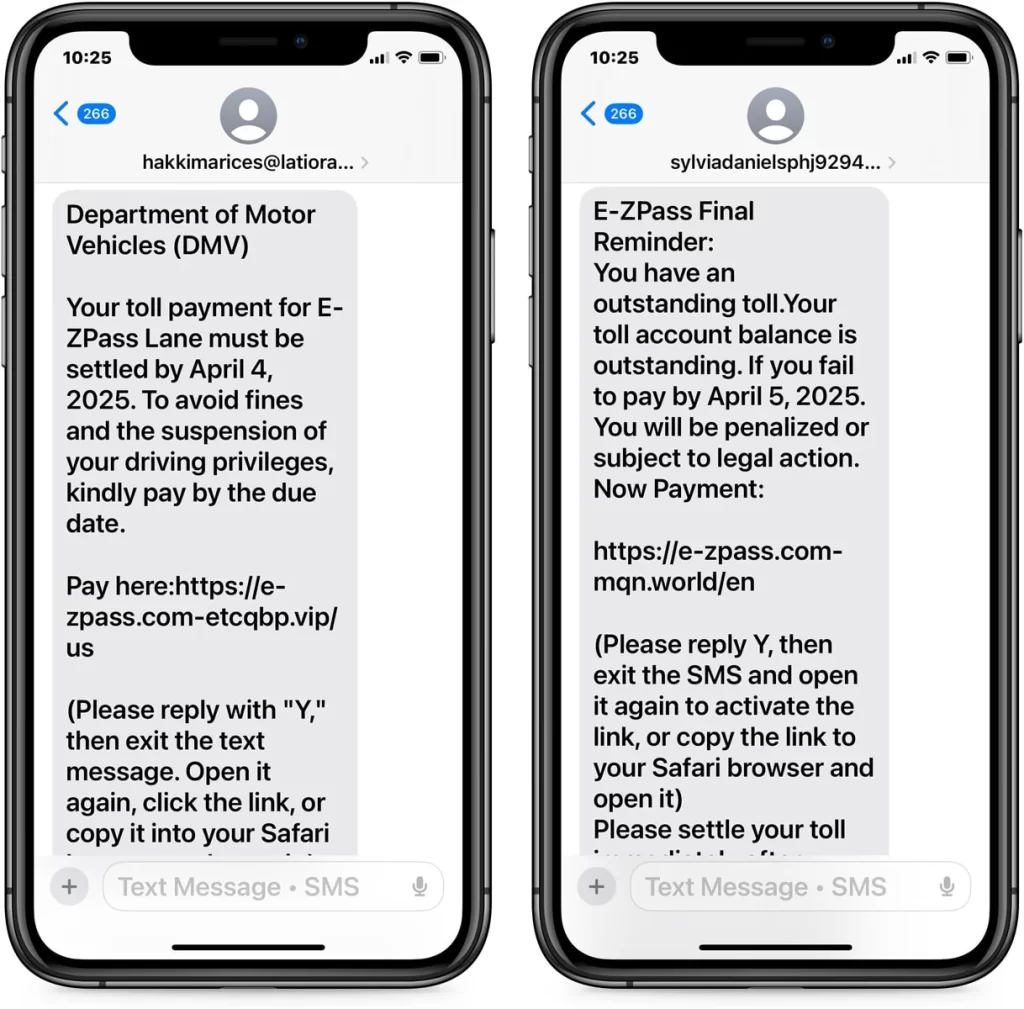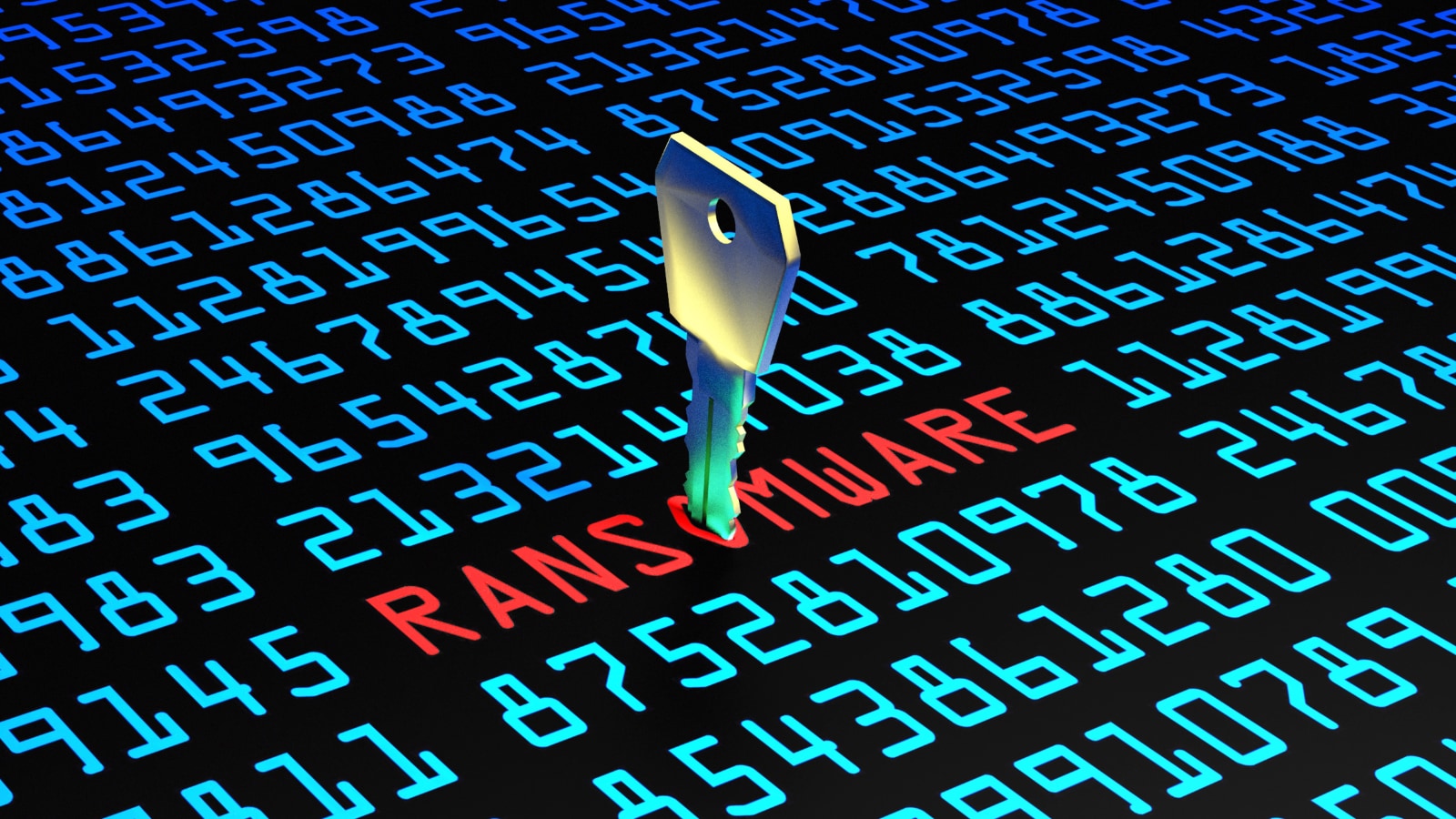
US E-ZPass Toll Payment Systems Phishing Attempts Surge Again
- A massive phishing wave targeting E-ZPass and other toll payment systems is making headlines again.
- This scam uses iMessage and SMS to trick recipients into divulging sensitive personal and financial information.
- Experts have linked this campaign to phishing-as-a-service (PHaaS) platforms, such as "Lucid" and "Darcula."
Known toll payment phishing campaigns impersonating legitimate toll agencies like E-ZPass, The Toll Roads, FasTrak, and Florida Turnpike gained traction once again. The first time hackers were seen impersonating these reputable companies to scam U.S. citizens was in January.
Victims receive alarming messages inducing a sense of urgency that claim their toll payments are overdue, warning of potential fines, license suspensions, or additional fees if immediate action isn’t taken.
The links embedded in the messages direct recipients to fraudulent websites carefully designed to mimic the legitimate toll payment platforms.
On mobile devices, these counterfeit sites appear convincingly authentic, making it easy for victims to unknowingly submit their personal details, including names, email addresses, billing addresses, and credit card information.
The messages bypass spam filters by originating from seemingly random email addresses, pointing to an automated approach. Some individuals report receiving multiple fraudulent texts daily, underscoring the relentlessness of this campaign.
Additionally, Apple’s iMessage protection, which initially blocks links in texts from unknown senders, is circumvented by scammers instructing recipients to reply, thereby enabling the links. Remarkably, these phishing sites only load on mobile devices, with desktop access being blocked, allowing attackers to further enhance their deception.
Experts have linked this campaign to phishing-as-a-service (PHaaS) platforms, such as Lucid and Darcula. These platforms use advanced techniques, like encrypted iMessage and Rich Communication Services (RCS) texts, to bypass anti-spam systems while reducing the costs associated with traditional SMS delivery.











